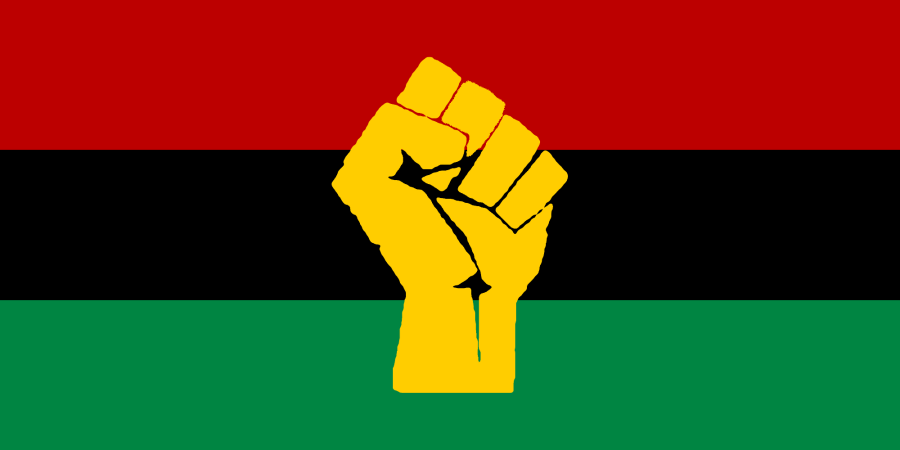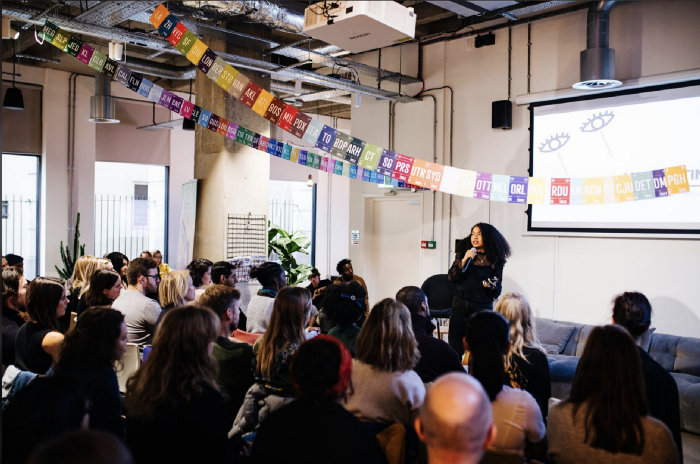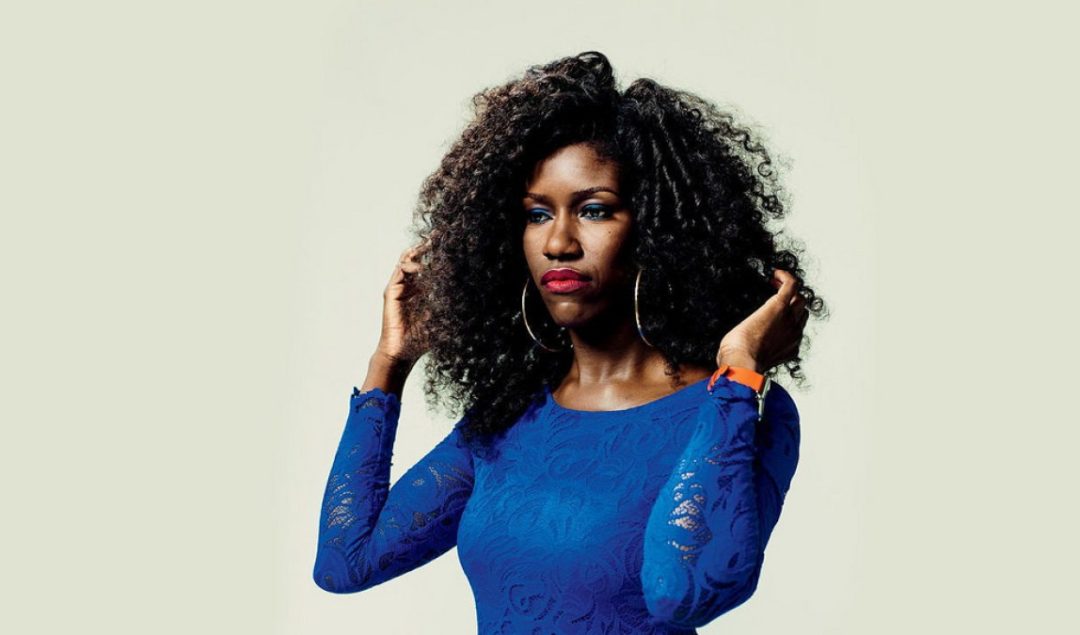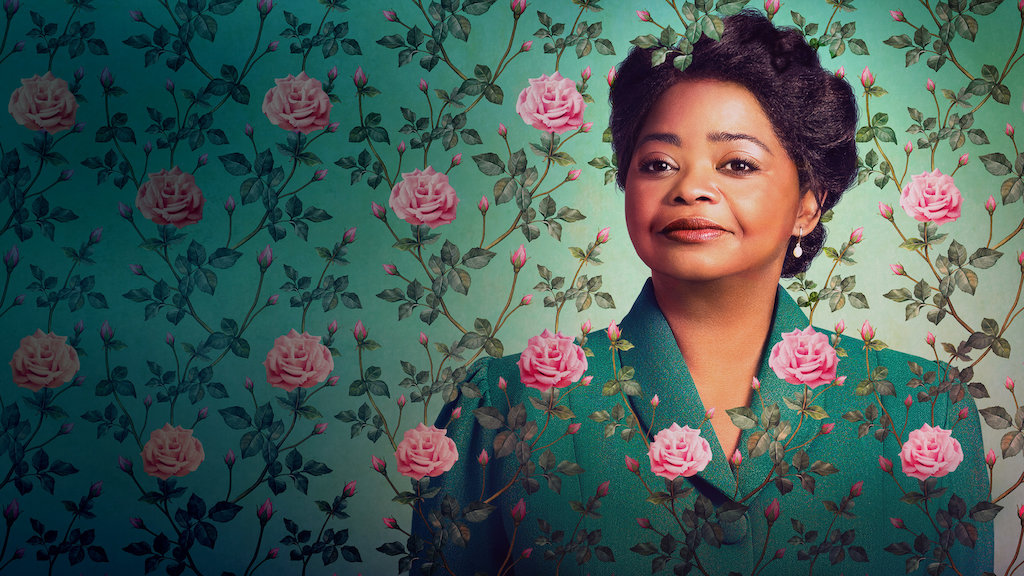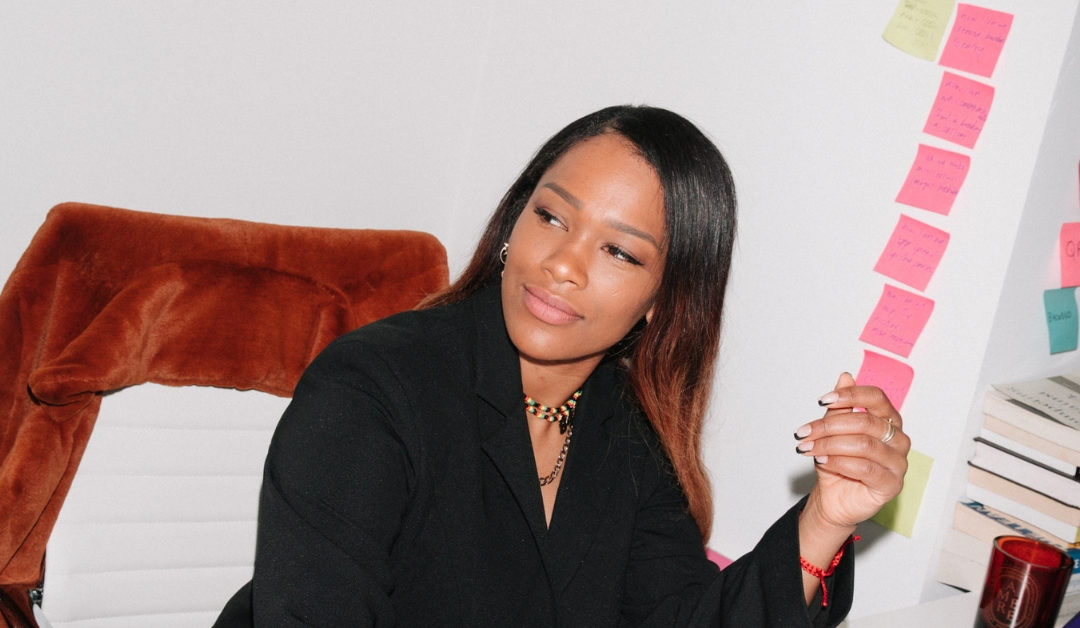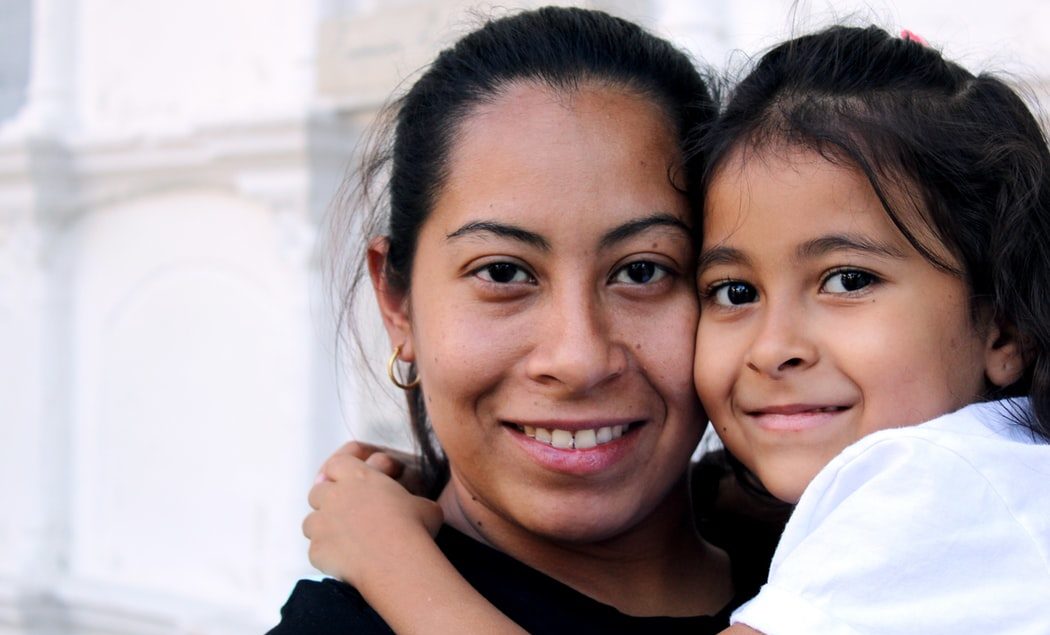In the last few decades, business activities around the globe have become increasingly mobile, and thankfully, Africa isn’t left out. The continent has become an eager adopter and innovator in virtually all things digital and mobile. The more than 122 million active users of mobile financial services across Africa lends credence to this claim. However, when choosing locations, innovators have to be deliberate as they need to consider who will use their products. Expert opinion has it that being intentional about where to locate a business strongly impacts growth prospects and profitability.
Systemic racism has created a world where I and many other Black people literally have to work twice as hard to get half as much. Since I’ve been able to work, I’ve worked multiple jobs. During summers growing up, I worked in the businesses started by my grandparents in Mobile, AL, and passed down to my father and his siblings. You could find me doing everything from working the register at their BP gas station to preparing sandwiches in my father’s Subway. When I went to college, despite having a full-ride academic
Five weeks ago I joined Brandwatch as their first-ever VP of Global Community and Belonging. The night before my first day I had the first-day jitters and tossed and turned in bed. The following thoughts ran circles around my mind, “What if my performance doesn’t live up to the expectations set in the recruitment process? What if important stakeholders are directly opposed to my views and approach?” And of course that age-old anxiety inducer: “What if I got it all wrong in the interviews and I just don’t vibe with
Subscribe to the Techish Podcast on Apple Podcasts, Spotify, And Other Platforms. In this episode of this Techish, Abadesi and Michael discuss the hiring of Bozoma St John by Netflix. Why it matters, and how it represents a recognization of the truth about the value of Black American culture in driving global culture. They also break down: Kanye for President [00:26] Tech vs Tech Media [11:00] Bozoma St John new Netflix CMO / Black-owned banks [06:47] Does any level of success make you happy? Extras: Techish on Patreon: Advertise with Techish: Please rate and review the Techish podcast
As I sit here today writing this piece, the country burns as thousands of Black Americans (and our allies) are expressing their pain and mourning the loss of countless citizens — most recently George Floyd, Ahmaud Arbery, and Breonna Taylor. While citizens of all backgrounds are marching in almost every major city, I can’t help but be reminded that 99 years ago today, the Tulsa race massacre (also known as the Black Wall Street massacre) began. By its end, nearly 300 Americans were killed as white residents attacked black residents and
“Diversity increases revenue, improves productivity, sparks creativity, and boosts innovation.” In my line of work, the business case for diversity is practically a mantra. As Diversity & Inclusion has gained mainstream acceptance, so too has this “business case” emerged as the centerpiece of many modern organizations’ D&I efforts. It figures prominently in keynote talks, diversity panels, and internal presentations alike. And when corporate leaders talk about D&I, the business case for diversity is always one of their talking points. This is, unfortunately, a big problem. Under its flashy exterior, “business
Netflix’s self-made was released last month as a limited series inspired by the life and times of Madam C.J Walker. Watch here (While watching you have to remember that it is inspired-by so the full narrative shouldn’t be taken as fact) SURROUND YOURSELF WITH PEOPLE WHO CAN GO WITH YOU Attend any fireside chat with a founder, and you will hear questions about their personal lives, their relationships, and how these were all affected by their obsession with their business. Not everyone will understand, some will be around for a
Last summer I gathered over a dozen womxn of color startup founders and small business owners to connect in Seattle, Washington. We shared our backgrounds, experiences, expertise, challenges and successes as a collective given the historical and systematic exclusion in the business ecosystem. We bonded on our common experience of being ‘the only’, steadily pioneering our own industries. We would have never thought that six months later the world would be facing a global health crisis and we’d be scrambling to secure funding to survive. On average, womxn of color
If any of you are unfamiliar with the lyrical genius of Craig David, please click the link and make your self-isolation a better place. (and this blog post makes sense!) “Got the information on Mondaaaaaay” Purely through chance, I sent my monthly investor update on Monday 9th March, on the eve of the Week of Realisation about the Coronavirus crisis. I signed off my usual SUPPORT section with a simple question: Almost immediately, several investors responded with variations on the following; So I paused all planned work for the day
Subscribe to the Techish Podcast on Apple Podcasts, Spotify, And Other Platforms. Episode Content: In this episode of this Techish, Abadesi and Michael discuss: ⚡ Jeff Bezos donates $10 billion⚡ Are VC’s hyping up the Corona Virus? ⚡ HQ Trivia shuts down⚡ The Techish Parasite review⚡ Single mother founders? [24:16] Extras: Techish on Patreon: Advertise with Techish: Please rate and review the Techish podcast

